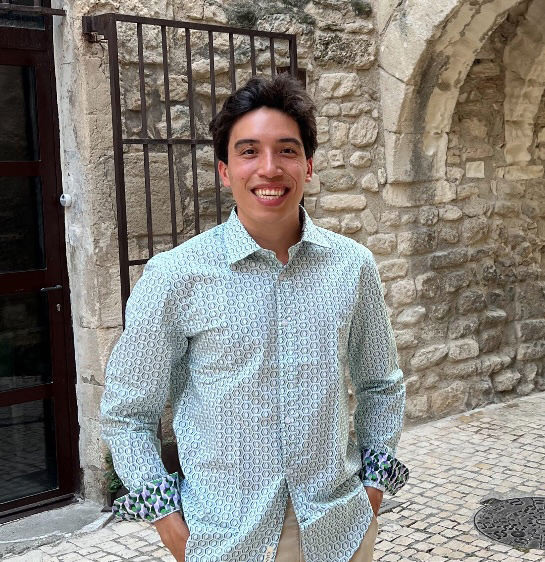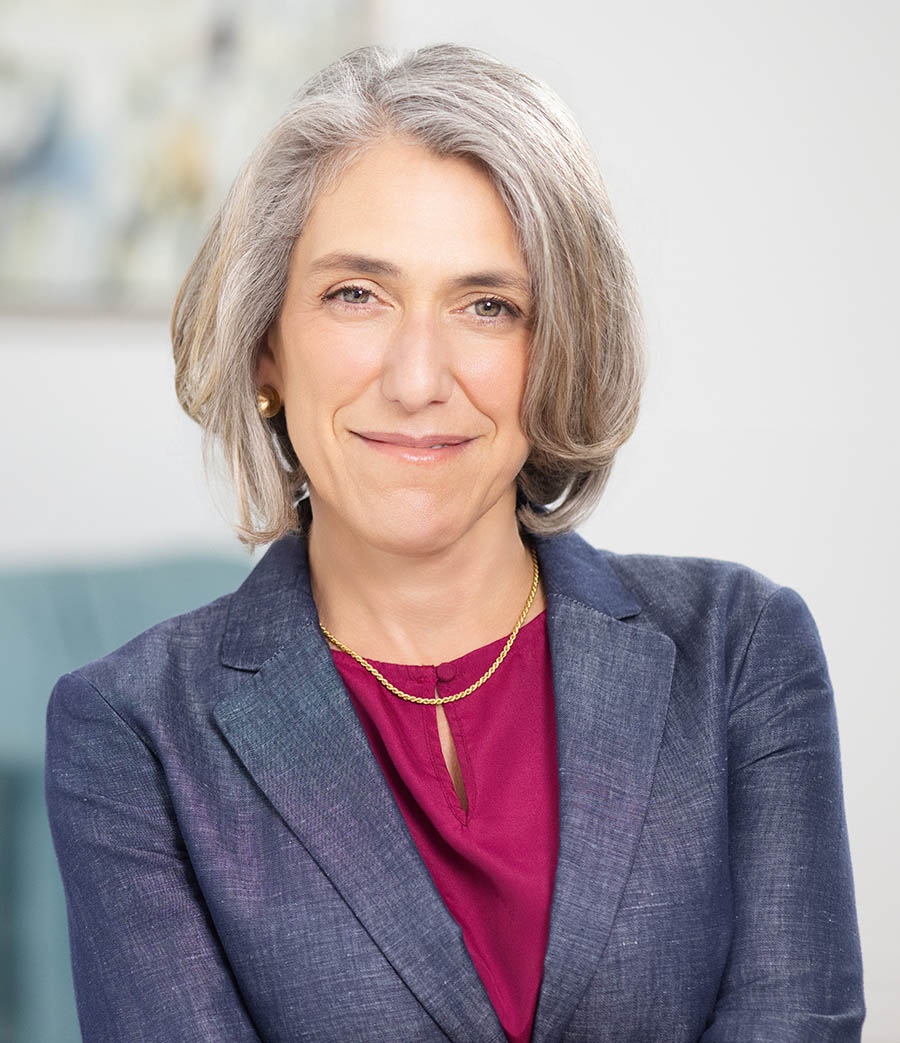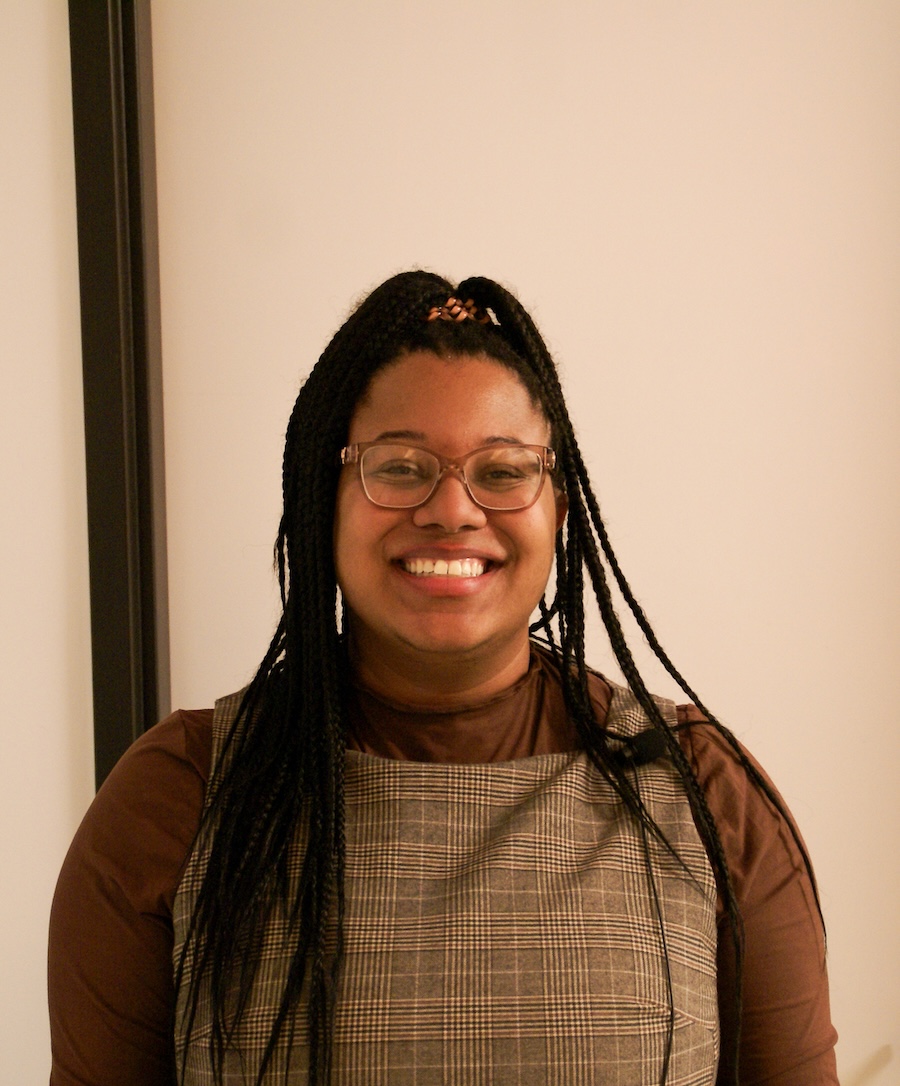Author Isabel Wilkerson and Our Country's “Unseen Skeleton”
By Rebecca Goldfine
Wilkerson's first book, the bestselling and widely acclaimed The Warmth of Other Suns: The Epic Story of America's Great Migration, told the story of the six million African Americans who fled the South between 1915 and the 1970s for cities in the North and West.
Explaining her motives for the two book projects, she said, “We hadn't heard enough from the survivors of Jim Crow, what they had endured and why they set out on this journey that would ultimately reshape the demographic geography of every city outside of the South, and would affect the South as well.”
While she was working on her first book, she arrived at the idea for Caste. “I realized I wasn't just writing about people relocating, fleeing one thing for another”—she was also seeing how their decisions and behavior laid bare the US's entrenched hierarchy. “It called for further investigation, to see what were the points of intersection of our system, our hierarchy, and those of other societies across time, across oceans,” she said.
Wilkerson is not the first to describe American society as a caste system. After traveling to India in 1959, Martin Luther King Jr. compared Black people to India's “untouchables.” Other social scientists who studied the Jim Crow South in the 1930s and 1940s also chose this term to define what they saw.

“I came to the same conclusion as the anthropologists did decades before me that the word 'racism,' which we're accustomed to using and which clearly has a meaning and is a real force in our country, that that word was not sufficient to capture the all-encompassing graded ranking and hierarchy that was in force to such a degree that people would make distinctions at every single level of daily existence,” Wilkerson said, “And that it was policed at such intensity it could literally mean your life if you breached some protocol of that caste system.”
Wilkerson characterizes a caste as an “artificial arbitrary ranking of human value in a society,” based on “any neutral characteristic.” In the US, that metric is race. “Caste is the bones, the underlying infrastructure of any society, and race—or whatever the metric is that determines who can fit where—is the skin of that infrastructure,” she said.
Caste systems exemplify the human impulse “to subjugate and control others,”…“to categorize, rank, and create a hierarchy to keep people in a fixed place.”
Though we still live “under the shadow of a caste system,” set into place to allow the colonizers to exploit the labor of enslaved African people, Wilkerson argued that by enacting policies and laws to uphold justice and equality, and through individual action, we may yet dismantle the obsolete social structure.
“There is power in individual decision-making,” she said. “There is power in an individual who says…‘I will adopt a different way of looking at my fellow citizens. I will transcend the restrictions, stereotypes, assumptions, and biases. I will make sure that I and the people around me will not continue this artificial graded hierarchy, and I will make sure the people around me know the history, and that I will learn and know the history of my country, and I will teach my children what I have learned.’”
She said she can't help but believe in the influence each person can wield after writing about the great migration of Black Americans seeking a better future. “The great migration is an indication of the power of the individual decision. These people had absolutely nothing; they had the least access to education and resources of anyone in this country. But one person added to another person added to another person, multiplied by millions, did what President Abraham Lincoln couldn’t do. They were able to do what the powers of the North and South could not do alone. They did what the Emancipation Proclamation couldn’t do. That is, they freed themselves.”



